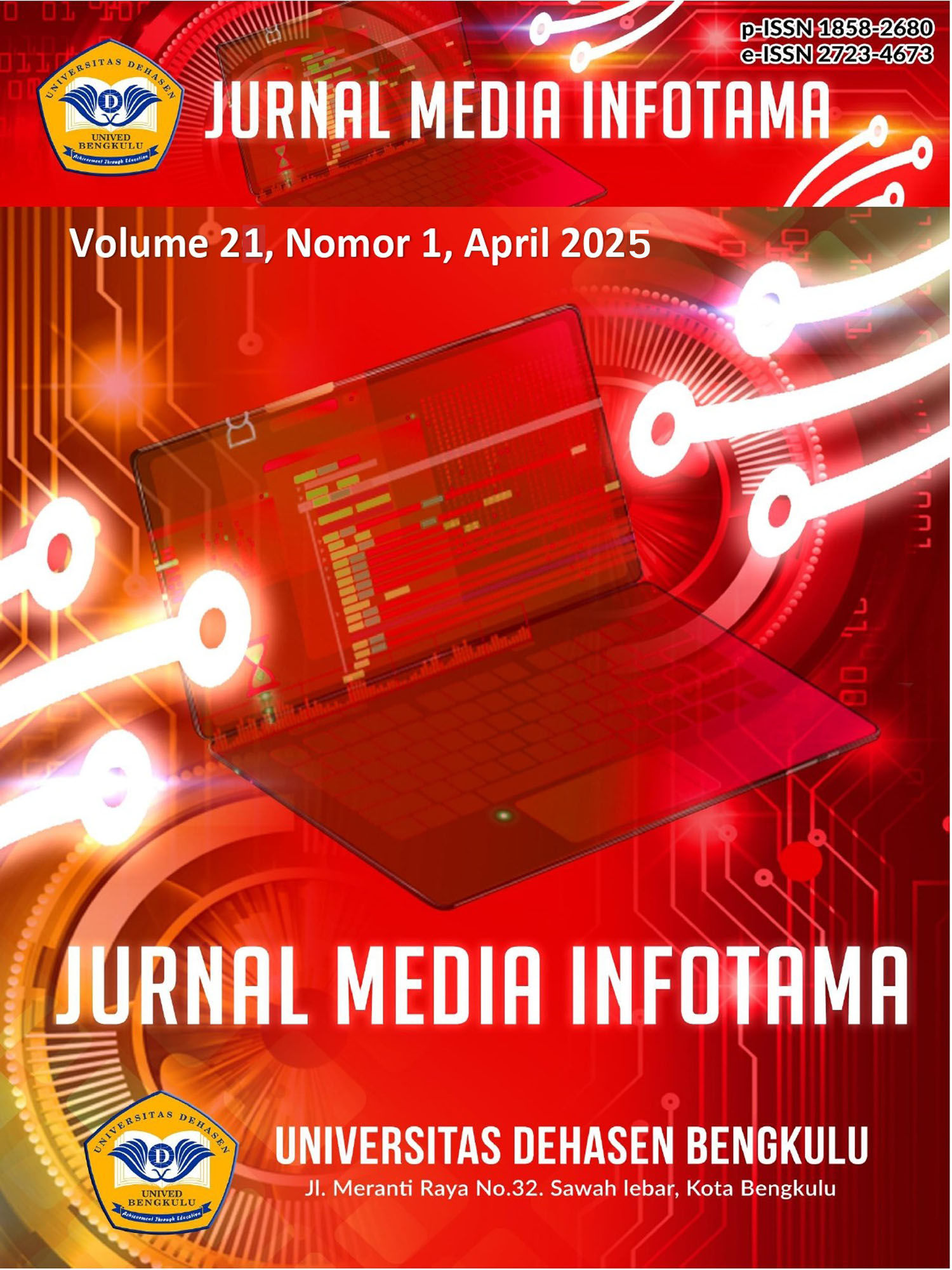Evaluasi Kualitas Pengalaman Pengguna Aplikasi Duolingo Menggunakan Metode System Usability Scale (SUS) dan End User Computing Satisfaction (EUCS)
Abstract
Background. Education has undergone a significant transformation due to digital technology, which has increased its flexibility, accessibility, and engagement. With gamifikasi strategies that increase user engagement, the Duolingo app is a highly preferred language learning resource, especially for learning English. Purpose. The System Usability Scale (SUS) and End User Computing Satisfaction (EUCS) methods will be used in this study to evaluate the usability and user satisfaction of the Duolingo program. Method. 404 respondents were obtained for this study using a quantitative approach using the Slovin formula sampling technique. Ten SUS items and five components of EUCS, content, accuracy, format, ease of use, and timeliness were included in the online survey used to collect the data. Descriptive statistics were used in the analysis to assess SUS and EUCS scores. Result. The app has a good usability level, with an average SUS score of 78.86 (grade B+). The five components, content (4.4), accuracy (4.2), format (4.5), ease of use (4.5), and timeliness (4.4), produced excellent results for EUCS. Most respondents were between the ages of 18 and 24, and they spent an average of less than 30 minutes a day. Conclusion. Particularly when it comes to usability and interface design, Duolingo offers a positive user experience and high satisfaction. Its gamifikasi strategy increases the effectiveness and engagement of English learning, especially for younger users.
Downloads
Copyright (c) 2025 Muhammad Kahfi MS

This work is licensed under a Creative Commons Attribution-ShareAlike 4.0 International License.
An author who publishes in Jurnal Media Infotama agrees to the following terms:The author holds the copyright and grants the journal the right of first publication of the work simultaneously licensed under the Creative Commons Attribution-Share Alike 4.0 License which allows others to share the work with acknowledgment of the work's authorship and initial publication in this journal.Submission of a manuscript implies that the submitted work has not been previously published (except as part of a thesis or report, or abstract); that it is not being considered for publication elsewhere; that its publication has been approved by all co-authors. If and when a manuscript is accepted for publication, the author retains the copyright and retains the publishing rights without limitation.
For new inventions, authors are advised to administer the patent before publication. The license type is CC-BY-SA 4.0.
MEDIA INFORMATION REVIEW: Journal of the Faculty of Computer Science is licensed under a Creative Commons Attribution-ShareAlike 4.0 International License.You are free to:Share
— copy and redistribute material in any medium or formatAdapt
— remix, modify and develop materialfor any purpose, even commercial.
The licensor cannot revoke this freedom as long as you follow the license terms












.png)


